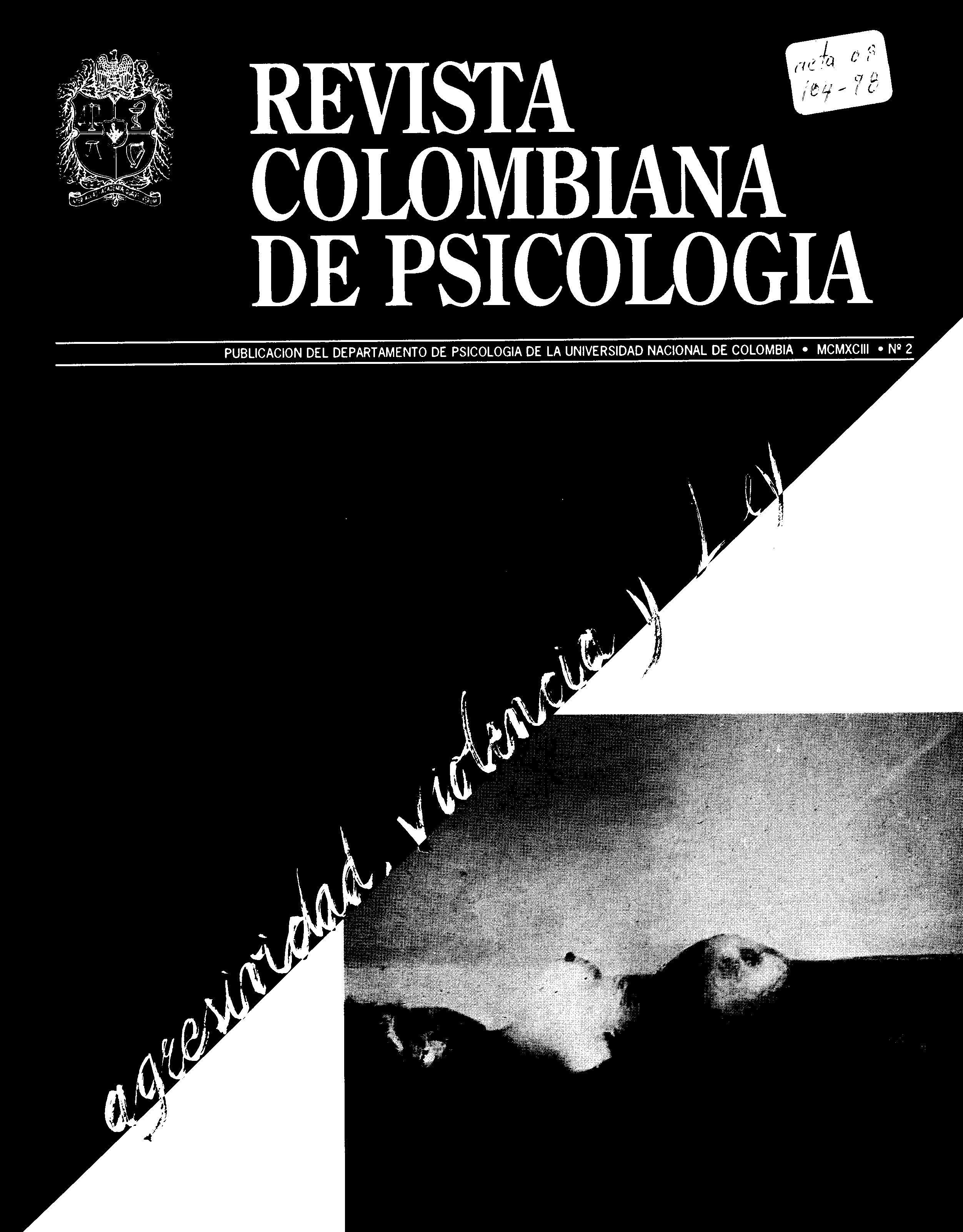Ética discursiva y democracia política
Discursive ethics and political democracy
Keywords:
ética discursiva, ética comunicativa, democracia política (es)discursive ethics, political democracy, communicativ ethics (en)
Downloads
La ética discursiva o ética comunicativa nace en los años setenta de nuestro siglo de la mano de K.O. Apel y J. Habermas y hoy en día se encuentra ampliamente difundida; hasta tal punto se trata de una corriente llena de vida, que entre sus mismos creadores se producen vivas polémicas. En el artículo se intenta, a partir de los trabajos de K. O. Apel, mostrar en qué medida esta ética discursiva fundamenta filosóficamente una democracia política y puede precisar los elementos básicos necesarios para la construcción de una ética universal.
Discursive ethics or communicative ethics were born in the seventies fathered by K.O. Apel and J. Habermas, and today they are widely known; it is a current of such life and vigour that its very creators have engaged in lively polemics. This paper, starting from K.O. Apel' s texts, attempts to explore in what measure this discursive ethics provides philosophical foundations for political democracy and to determine the basic elements necessary for the construction of a universal ethics.
How to Cite
APA
ACM
ACS
ABNT
Chicago
Harvard
IEEE
MLA
Turabian
Vancouver
Download Citation
Article abstract page views
Downloads
License
The RCP is published under the Creative Commons license and can be copied and reproduced according to the conditions of this license (http://creativecommons.org/licenses/by-nc-nd/2.5). RCP articles are available online at https://revistas.unal.edu.co/index.php/psicologia/issue/archive. If you would like to subscribe to the RCP as reader, please go to https://revistas.unal.edu.co/index.php/psicologia/information/readers and follow the instructions mentioned in the webpage. Additionally, a limited number of print journals are available upon request. To request print copies, please email revpsico_fchbog@unal.edu.co.


























